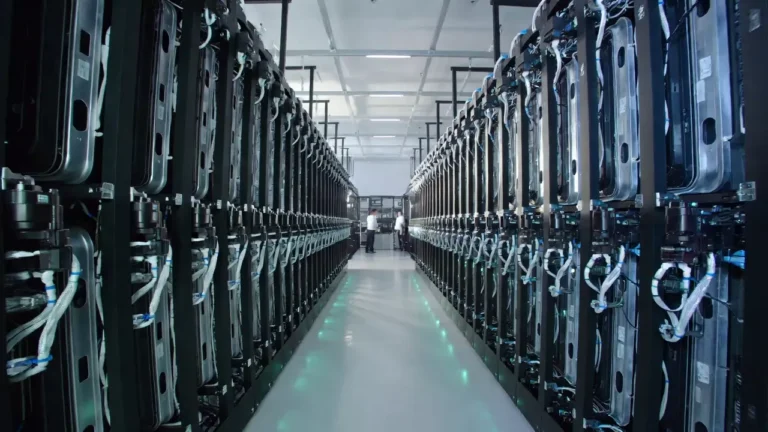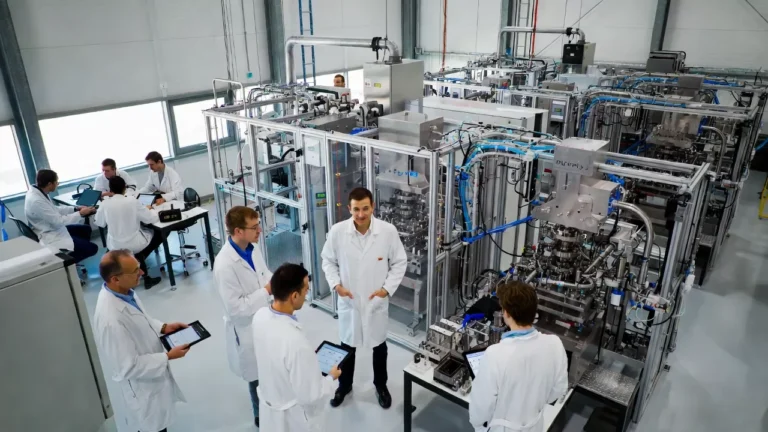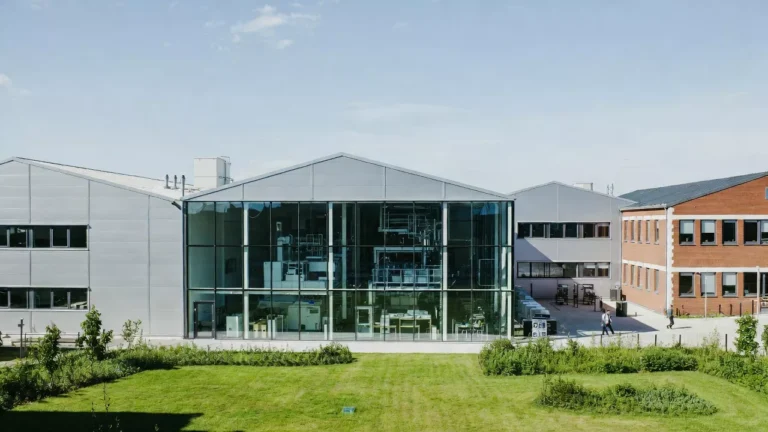
Merck Hosts Semiconductor Leaders to Highlight Europe’s Strategic Role in Global Chip Industry
Merck, a leading science and technology company, hosted top representatives from the semiconductor industry in Darmstadt to spotlight the importance of Germany and Europe in the global chip landscape. With world-class expertise in materials, lasers, optics, electronics, chip design software, and smart manufacturing, companies such as Merck, Siemens, Intel, TRUMPF, and ZEISS are driving critical advances in semiconductor technology—especially for AI applications.
“Europe’s role in the global semiconductor industry is far more significant than it is often credited for,” said Kai Beckmann, Member of the Merck Executive Board and CEO Electronics. “But to influence the global market, industry and policymakers in Europe must align and act decisively.”
The gathering, initiated by Merck, underscored the need for a strategic realignment of Europe’s semiconductor position. Key players emphasized that innovation across the full value chain—not just chip fabrication but also design, materials, and equipment—is essential to compete globally.
Siemens board member Cedrik Neike stressed Europe’s underutilized strengths in chip design and industrial software. “Semiconductors connect the physical and digital worlds. Europe must unlock its technological potential to shape the AI era.”
However, challenges persist. Europe still lags behind in cutting-edge AI and semiconductor production. Building a competitive ecosystem will require investment in local manufacturing, workforce development, and improved infrastructure—alongside reduced regulatory barriers and competitive energy pricing.
Intel’s Germany head Sonja Pierer affirmed the company’s commitment to strengthening Europe’s digital infrastructure. “We’re bringing our experience to help build a resilient, innovative, and sustainable semiconductor ecosystem.”
TRUMPF CTO Berthold Schmidt echoed the call for supportive policy and continued collaboration. “With our laser and plasma technology, we’re enabling global chip production—but to stay competitive, Europe must offer attractive business conditions.”
ZEISS CTO Thomas Stammler emphasized the collaborative nature of modern chipmaking. “Around 80% of the world’s chips rely on ZEISS optics. Solving today’s complex challenges demands teamwork across the entire value chain.”
The event highlighted a clear message: Europe has the technological capability to lead in semiconductors—if industry and government work hand in hand to unlock its full potential.








